Tannadice chef Mark McCabe has carved out a remarkable journey in the culinary world, as head chef in one of the best restaurants and reaching the finals of the Great British Menu.
However, beyond the accolades and the television spotlight, Mark has been candid about the mental health struggles he faced during this time on the popular BBC Two show.
In an industry known for its high-stress environment, his experience sheds light on the importance of mental wellbeing in professional kitchens.
Mark worked at Hugh Fearnley-Whittingstall’s River Cottage before becoming head chef and later co-owner of The Ethicurean in Somerset, where he earned a Green Michelin Star.
More recently, he took on a new challenge, moving to the Lake District to head up Simon Rogan’s Henrock restaurant in Windermere.
Despite his culinary achievements, his time on the Great British Menu proved to be a significant mental and emotional challenge.
Journey to the Great British Menu Finals
Having previously competed on the show, Mark’s second time around came with heightened expectations.
“As a returnee, you have expectations. I certainly wanted to better what I did last time,” he explained.
“First time around, you just don’t want to make a fool of yourself. It felt like a bit of a free pass.”
This time, however, the pressure was on and the moment he secured his place in the finals was a relief. “Not in an arrogant way, but just to get that pressure off me.”
Being filmed while cooking didn’t faze him much at the time. “In the moment, you’re just in a cooking competition. You’re cooking for some amazing people, and that’s stressful enough,” he said.
Still, as a musician Mark has always enjoyed performing. “I love switching that side of me on, pushing all of the anxieties and self doubt aside and just saying ‘it’s game time!'”
From music to Michelin Stars
McCabe’s culinary career began almost by accident. His mother, a former chef, owned Raffles, a bistro-style café in Dundee, but he insists that wasn’t what inspired him most.
Mark played in bands growing up, attending Webster’s High School in Kirriemuir and even releasing a couple of albums.
He studied English and music at university and initially pursued a career as a musician, even moving to Paris for two years to follow that dream.
Vomiting phobia meant no takeaways
“At university I had to learn to cook for myself as I have a phobia of vomiting so didn’t want to risk eating takeaways,” he says.
“I found that I actually enjoyed cooking for other people and they seemed to enjoy it too. So I guess that was the first seed.
“Mum is a great cook,” he says. “She makes everything from scratch and was making houmous before it was available in the shops.
“She was also into foraging, but I just wasn’t interested back then.”
A turning point came when he watched Chef’s Table and read books by Hugh Fearnley-Whittingstall and Dan Barber, inspiring him to take cooking seriously.
His big break came when he landed a role at River Cottage after dropping off his CV while attending a course there.
The pressure behind the scenes
Despite his professional success, McCabe has been candid about the toll his second appearance on the Great British Menu took on his mental health.
“The pressure I felt was completely from within myself,” he says.
“I was only six months into a job working for one of the best chefs in the world, and he had had two of his chefs on the show who had done well.
“I didn’t want to be the only one in the company who didn’t make it.”
Mark described how the stress leading up to the regional finals affected him. “You have these ideas about how it will go, and then when it wasn’t going to plan, I just couldn’t get out of my own way.”
‘I just shut down’
The feeling of no longer being the underdog, but instead someone with something to lose, weighed heavily on him.
“I’ve always had a problem with self-confidence. I didn’t know what tools to use to get past the anxiety and self-doubt that was plaguing me.”
During that week, he shut down emotionally. “Maybe I came across as a bit standoffish. That’s all I could do to cope with the pressure I was feeling.”
He later reflected, “I wasn’t who I wanted to be that week.”
His struggles with anxiety weren’t new, but being in this national competition amplified them.
“I grew up in the ‘90s when no one knew what anxiety even was. I was just that weird kid.
“It’s nice that there’s a conversation about it now, but there’s still loads to be done.”
Mental health support in hospitality
Mark has long been open about his mental health and the importance of therapy.
“Self-awareness of having a problem is only good if you’re willing to take the next step and do something about it.”
He credits EMDR therapy with helping him manage his anxiety, although he admits that in the heat of the competition, he struggled to remember to use it.
“It’s my brain – I’m the only one who can do anything about the problems I have. You have to really want it and put in the work to make a change,” he adds.
His experience has reinforced his belief that mental health support in the hospitality industry is crucial.
“We work long hours in very high-stress situations, so we have to be really compassionate, especially if someone is having a bad day.”
Mark is a trained Mental Health First Aider, part of a recent initiative requiring businesses to have trained individuals on staff.
“It really does make a difference to have somebody there that people can reach out to if they need to talk.”
He highlights charities such as The Burnt Chef Project, Hospitality Action, and Kelly’s Cause as invaluable resources for those struggling in the industry.
Coming home to Tannadice and mum’s cooking
Despite his career taking him across the UK, Mark still finds time to return home to Scotland as often as he can.
“Not as often as I’d like,” he admits, but he makes an effort to visit his mum, who cares for his aunt with dementia.
“I mostly hang out with Mum, give her a hand, and get her out for a walk. It’s just nice to see everyone.”
One of the things he looks forward to most? His mum’s cooking. “She thinks it’s rubbish, but it’s still great. She always insists on three courses every night.
“I know there’s a finite number of meals she’ll make me, and I just want to enjoy them all.”
Reflecting on his experience, Mark remains grateful for the opportunity to compete on the 20th anniversary of the Great British Menu.
“I think it’s really successful because it lets chefs push the boundaries. It really is an insight into a top kitchen.”
He credits the show’s host, Andi Oliver, with bringing infectious energy to the competition.
“As a chef on the Great British Menu, you can have the world – and you can go wild with it.”
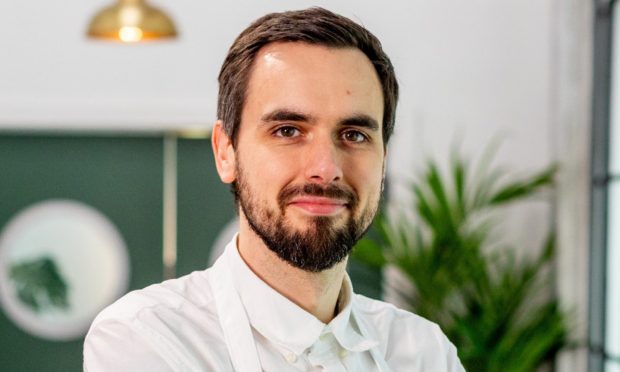

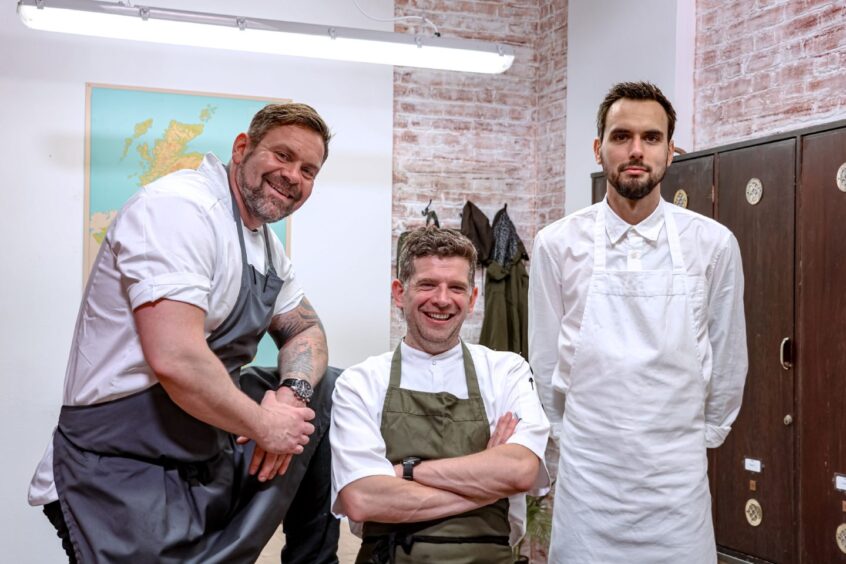


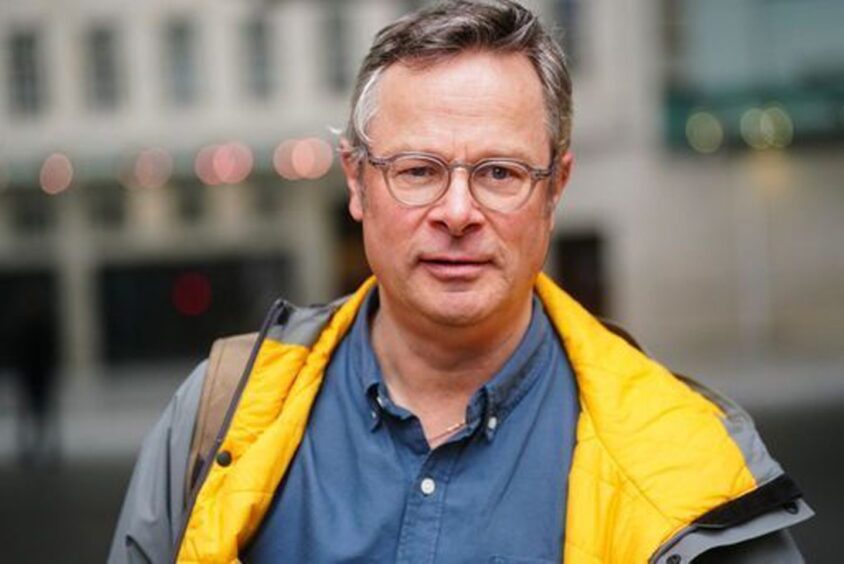
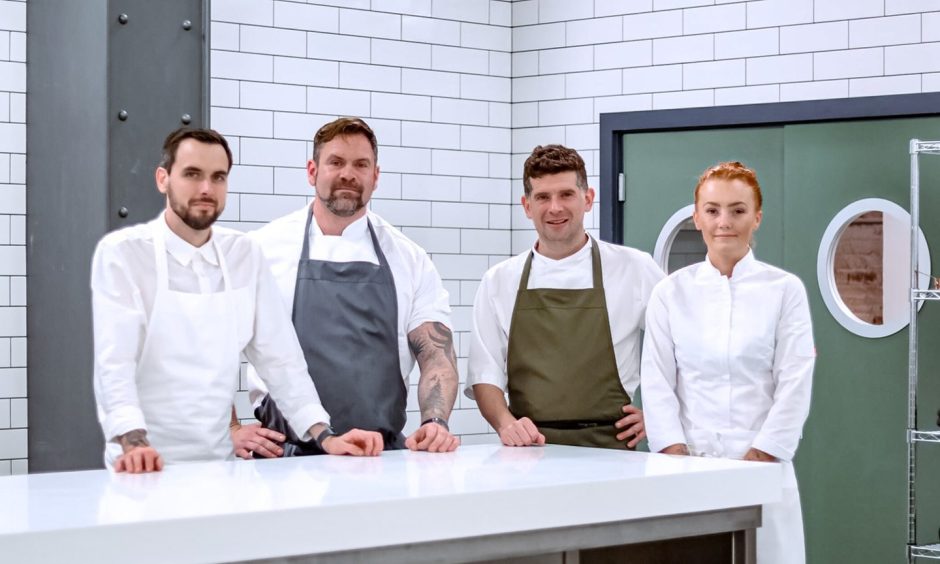
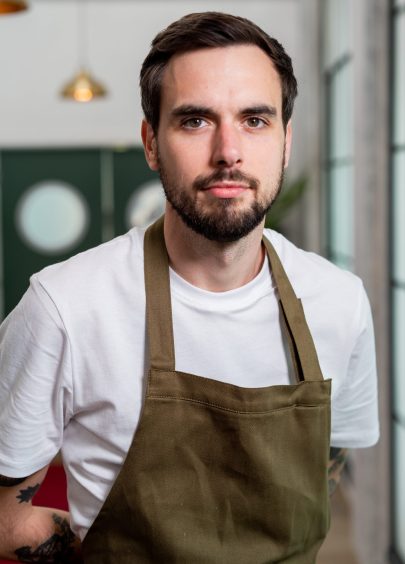
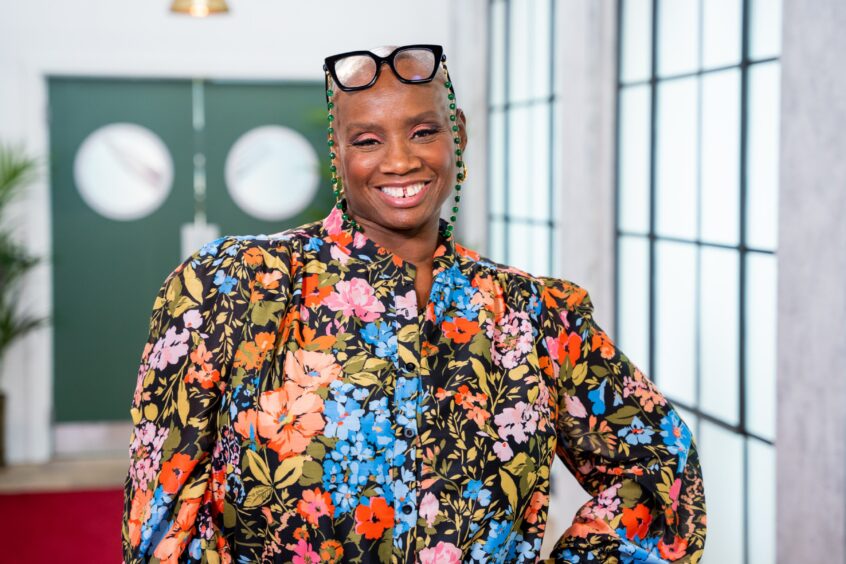
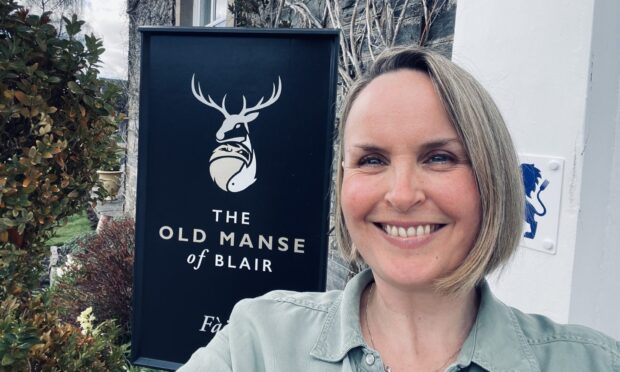
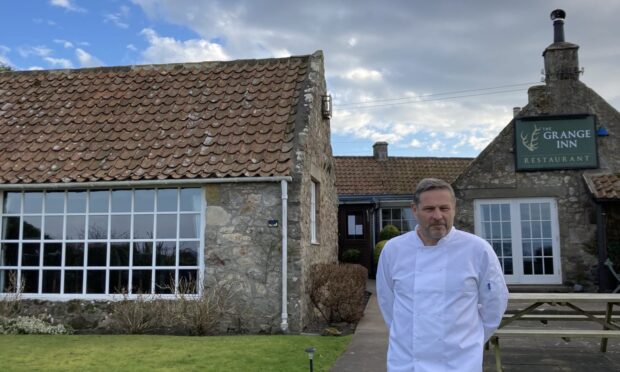
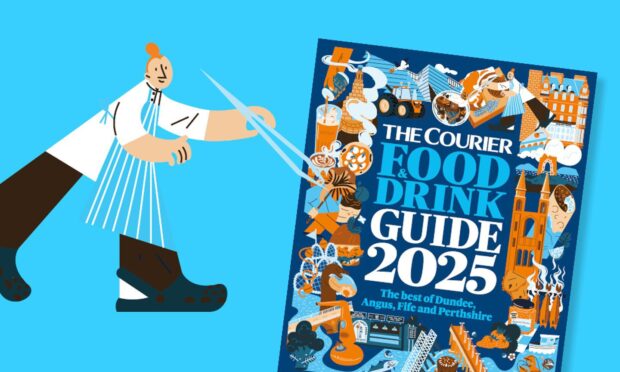

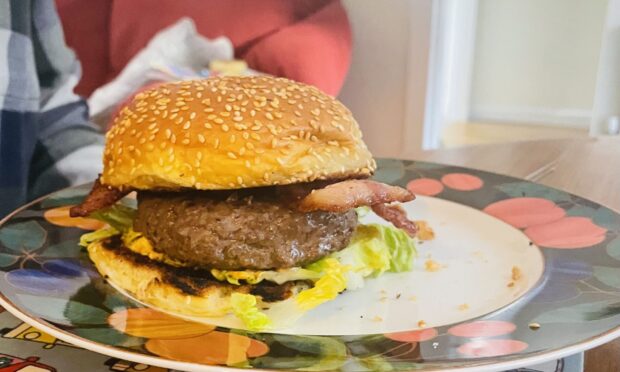
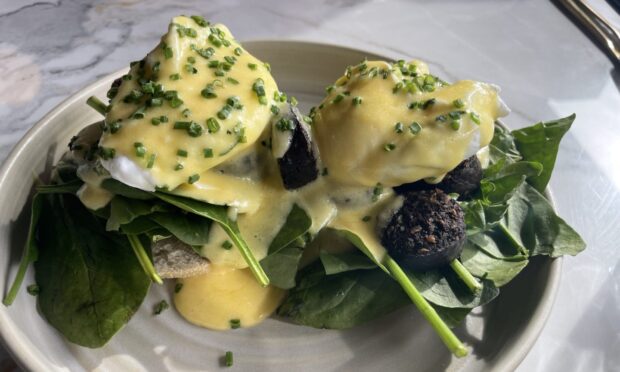
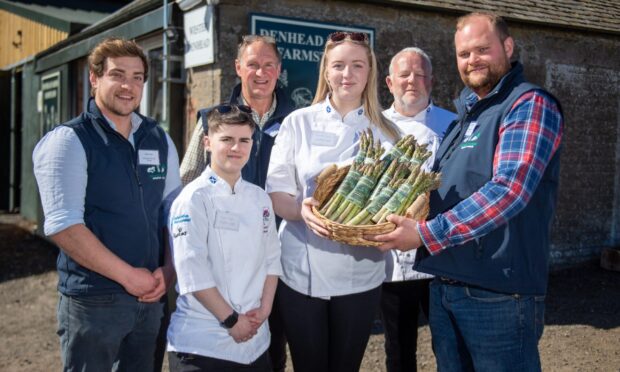
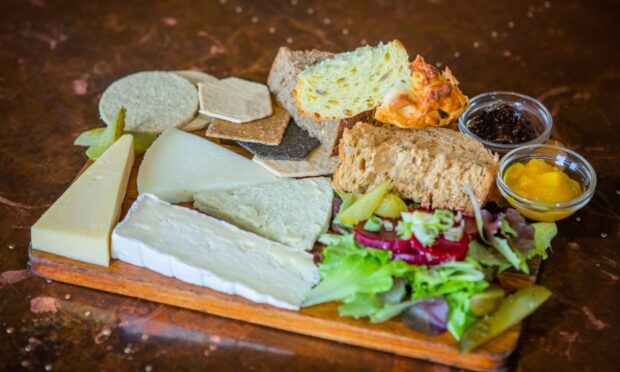
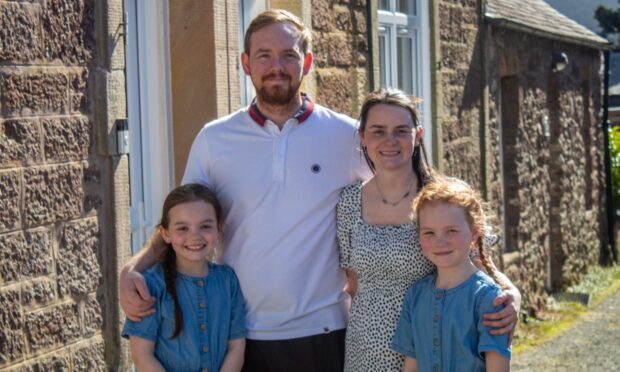
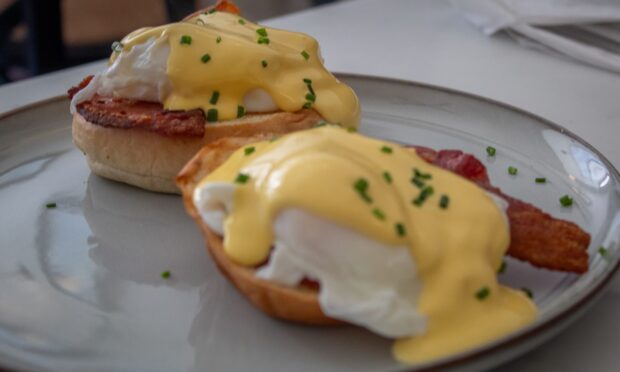
Conversation